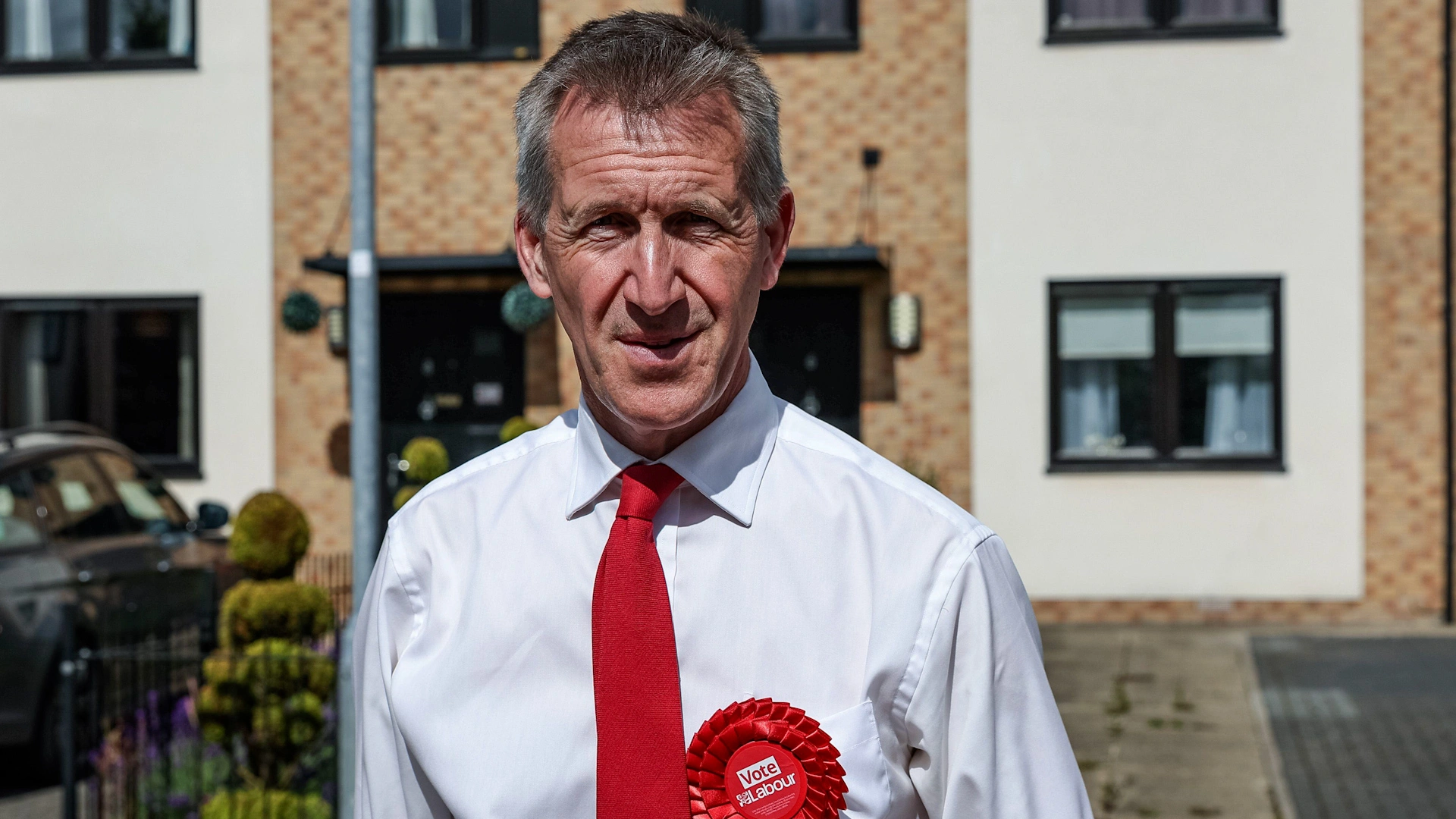Jamie Oliver, a celebrity chef, has decided to withdraw the newly published children’s book that goes by the name Billy and the Epic Escape. The decision is due to backlash by some groups of Indigenous Australians that say the book is bad at defining some false stereotypes concerning the Aboriginal and Torres Strait Islander communities.
The novel is nearly 400 pages and tells the tale of an Aboriginal girl named Ruby, who possesses mystical powers. Ruby, living in foster care, was abducted from her home in central Australia. That outing leads to a dramatic escape. But the book’s portrayal of Ruby and her talents has brought lots of wrath from First Nations leaders, with claims that the book trivializes the painful history of Indigenous children being forcibly removed from their families.
It is a sensitive and disturbing matter to cut tens of thousands of Indigenous children off from their families due to supposed government assimilation policies throughout the 20th century in Australia. Critics believe that the use of Ruby’s character, who happens to be able to read minds and talk with animals, reduces complex Indigenous belief systems to “magic,” both a grossly inadequate description and insensitive.
Criticism Over Harmful Stereotypes
Sharon Davis of NATSIEC (National Aboriginal and Torres Strait Islander Education Commission) criticized the treatment of Ruby in the book, calling it “superficial” and “dehumanizing.” Davis said the book watered down Ruby’s identity and transformed the diverse beliefs of First Nations people in the radical section into one focal point.
In addition to the problematic representation of Ruby’s powers, some reviewers mentioned an “abduction plot” that many viewers complained was especially upsetting. Community leader and indigenous person Sue-Anne Hunter termed it insensitive choice given to the historical trauma surrounding the forced removal of Indigenous children from their families. “The story’s flippant approach to narrating the theft of a First Nations child dangerously trivializes the ongoing trauma associated with Australia’s violent history of child removal,” Hunter said.
Language Errors And Cultural Oversight
Another major criticism of this book is its lack of cultural and linguistic correctness. Ruby is said to be a native of Mparntwe in the Northern Territory according to the book. Yet, the words used in the book belong to the Gamilaraay language of New South Wales and Queensland. Sharon Davis called this “a complete disregard for the vast differences among First Nations languages, cultures, and practices.”.
Jamie Oliver, who was in Australia promoting his new cookbook during the scandal, was tearful of regretting the book’s publication. He apologized to the Indigenous community claiming he was “devastated” by having potentially hurt their feelings : “It was never my intention to misinterpret this deeply painful issue.”.
The books’ publisher, Penguin Random House UK also condemned the book citing that it never sought opinion from Indigenous Australians whom Oliver had requested. The publisher in its apology claimed that it is because of “editorial oversight” that ensured this never happened. Their “publishing standards fell short on this occasion” and they promised to learn from it.
The Withdrawal Of The Book
After the backlash, Jamie Oliver and the publishers agreed to withdraw it from sale across the globe. This was done in an effort not to worsen the situation and to reflect on what went wrong during the production process.
The National Aboriginal and Torres Strait Islander Education Commission echoed Oliver’s apology and appreciated the speed of action taken by the publisher in withdrawing the book. However, the incident has raised some pertinent issues regarding the responsibility of authors and publishers in basing their work on a more accurate portrayal of sensitive cultural issues.
MUST READ | Hainan Airlines Flight Turns Back To Rome After Fire Breaks Out Mid-Air | WATCH


















